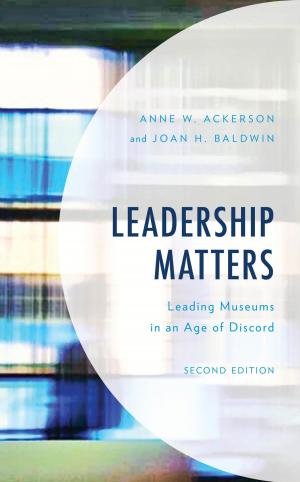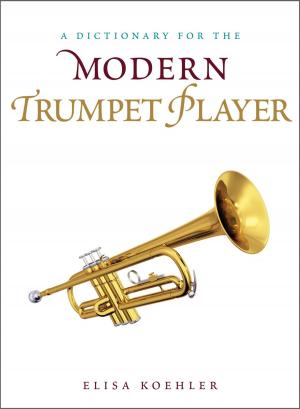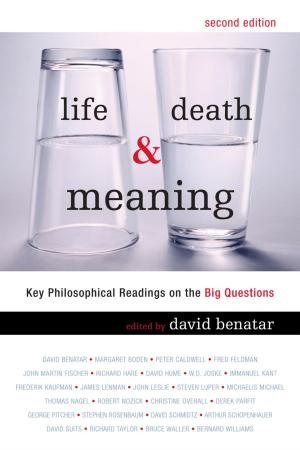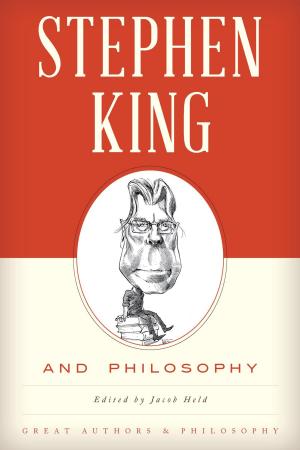Voicing Concerns
Contemporary Chinese Critical Inquiry
Nonfiction, Social & Cultural Studies, Social Science, Cultural Studies, Ethnic Studies| Author: | Gloria Davies, Geremie R. Barmé, Chen Fong-ching, Jin Guantao, Liu Dong, Liu Qing, Liu Qingfeng, Luo Gang, Tang Yijie, Wang Hui, Xu Jilin, Xue Yi, Ye Xiaoqing, Yue Daiyun | ISBN: | 9781461715559 |
| Publisher: | Rowman & Littlefield Publishers | Publication: | June 6, 2001 |
| Imprint: | Rowman & Littlefield Publishers | Language: | English |
| Author: | Gloria Davies, Geremie R. Barmé, Chen Fong-ching, Jin Guantao, Liu Dong, Liu Qing, Liu Qingfeng, Luo Gang, Tang Yijie, Wang Hui, Xu Jilin, Xue Yi, Ye Xiaoqing, Yue Daiyun |
| ISBN: | 9781461715559 |
| Publisher: | Rowman & Littlefield Publishers |
| Publication: | June 6, 2001 |
| Imprint: | Rowman & Littlefield Publishers |
| Language: | English |
Opening a new window into Chinese intellectual discourse, this unique book is a critical engagement with the issues, problems, and meanings of contemporary Chinese intellectual thought. As key participants in these debates who have exercised a significant influence on the development of contemporary Chinese thought, the volume's contributors explore concerns over the role of the intellectual and the outcomes of knowledge production in the humanities. Masterfully translated, these essays provide a wide range of conflicting perspectives on contemporary Chinese intellectuality, yet they share in common the belief held by many Chinese intellectuals in the power of intellectual labor to shape and change social life. By showing how Western social and cultural theory as well as the May Fourth and pre-modern Confucian traditions are being adapted for contemporary Chinese intellectual use, the book highlights how Chinese academics have affirmed an independent critical role for themselves in post-Mao China and the scope of the knowledge industry that they have created and developed since 1979.
Opening a new window into Chinese intellectual discourse, this unique book is a critical engagement with the issues, problems, and meanings of contemporary Chinese intellectual thought. As key participants in these debates who have exercised a significant influence on the development of contemporary Chinese thought, the volume's contributors explore concerns over the role of the intellectual and the outcomes of knowledge production in the humanities. Masterfully translated, these essays provide a wide range of conflicting perspectives on contemporary Chinese intellectuality, yet they share in common the belief held by many Chinese intellectuals in the power of intellectual labor to shape and change social life. By showing how Western social and cultural theory as well as the May Fourth and pre-modern Confucian traditions are being adapted for contemporary Chinese intellectual use, the book highlights how Chinese academics have affirmed an independent critical role for themselves in post-Mao China and the scope of the knowledge industry that they have created and developed since 1979.















